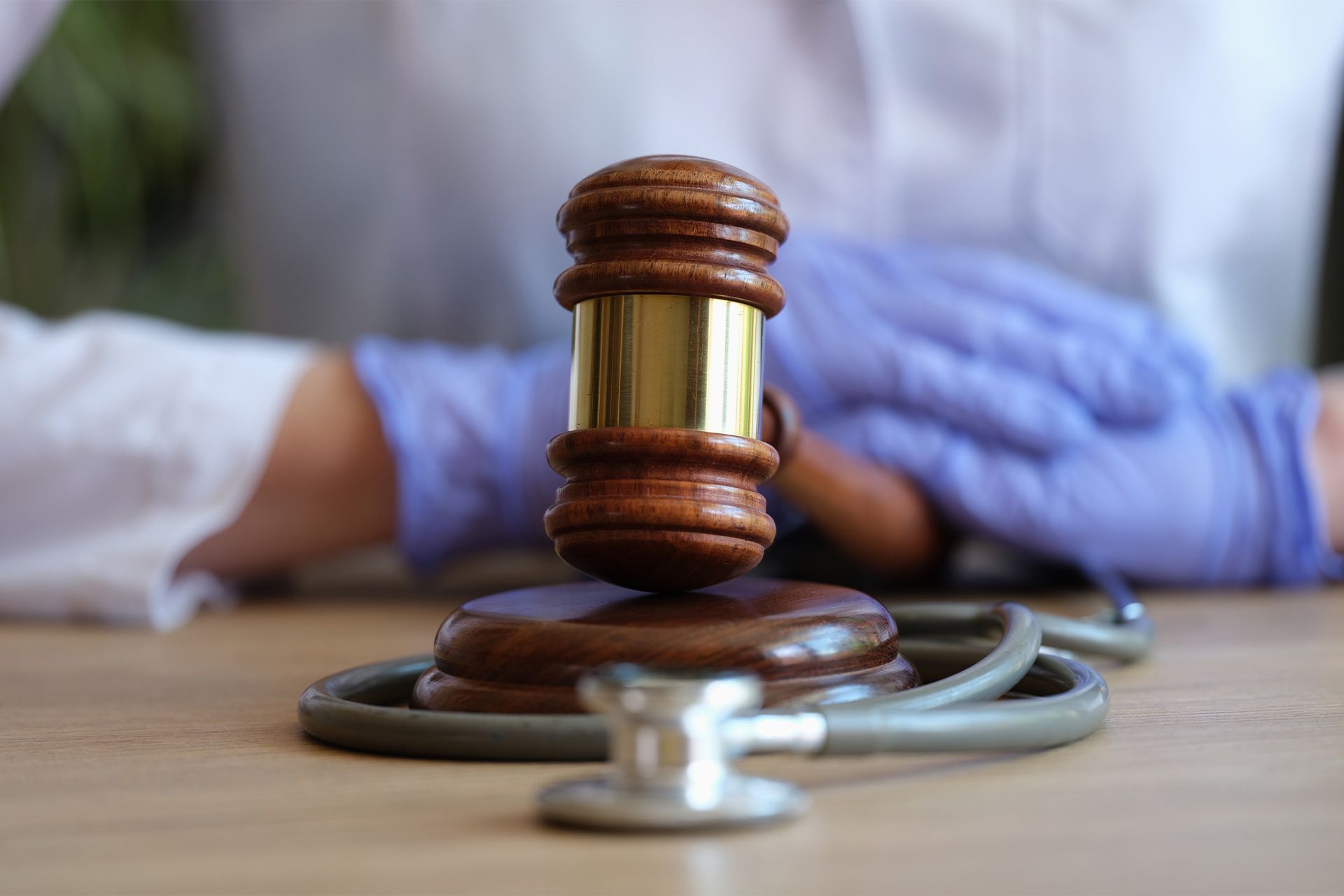Differences Between Civil And Criminal Cases
The American legal system tends to be complex. On top of that, many people have never been involved in a legal case and only know about court proceedings through their depictions in the media.
In the USA, wrongdoings committed by individuals or companies are addressed in two types of cases: criminal and civil cases. You can guess which type is more popular, strictly because of the overwhelming media coverage.
If you’re considering filing a personal injury or medical malpractice claim, you’re most likely wondering how the entire process will look. In case you’re imagining anything dramatic like some of the scenes from“A Few Good Men”,you’ll be disappointed since your case will be a civil matter.
Before we go over the differences between civil and criminal cases in detail, let’s first take a look at their respective definitions.
Civil and criminal cases explained
In simple terms, crimes are offenses committed against the state, regardless of whether another individual suffered harm or not. As such, criminal cases are prosecuted by the state.
Civil cases, on the other hand, involve a dispute between different parties regarding legal responsibilities (financial or otherwise) they owe to each other. Because the offense here is a matter of two or more individuals, these cases are resolved with civil lawsuits.
While there are certain similarities between the two, the differences between civil and criminal cases are a lot more apparent.
Key distinctions
This legal field might seem complex, but it’s a lot more digestible when you learn all the differences between civil and criminal cases. The main ones include:
1. Who files the case
Someone may murder another person, but still, murder is considered to be an offense to anyone in society at large. Because of this, the state will prosecute the guilty party and the prosecutor will file a case in court in the role of the state representative.
In civil cases, however, the wronged party (the plaintiff) is responsible for personally filing the case.
2. Punishment
Because civil cases handle less aggravating matters, the punishment for the defendant will be limited to monetary damages or conjunctions (a court order to complete an action).
Criminal cases, due to their seriousness, involve jail time, as well as some form of financial punishment. Since there is also a possibility of a death sentence in some states, criminal cases are more complex and require a higher standard of evidence.
3. Standard of proof
In a court of law, crimes must be proven beyond a reasonable doubt. This means that the defendant is innocent until proven guilty. In this context, reasonable doubt stems from lack of evidence - if it’s impossible to prove without a doubt the defendant is guilty, they shouldn’t legally be convicted.
In civil cases, the standards of proof are a lot lower and are referred to as preponderance of the evidence - the series of events are more likely than not to have occurred in a certain way.
To put it differently, civil liability is significantly less blameworthy and the punishments are accordingly less severe.
Furthermore, in criminal cases, the burden of proof is on the prosecutor. As such, the defendant doesn’t have to prove their innocence. As expected, the burden of proof is much higher in these cases as the stakes are higher. This is similar in civil cases, where the burden of proof lies with the party that alleges or asserts a fact against the defendant.
4. Presence of a jury
One of the key differences between civil and criminal cases is that most civil cases are bench trials. This means the judge alone decides the outcome of the case.
By contrast, criminal cases always have a trial by jury.
That isn’t to say a civil case can’t involve a jury, but it’s mostly limited to serious litigations involving a higher amount of damages or instances of wrongful death.
5. Rights and protections
Criminal law provides a series of protections to defendants. For instance, under the Fourth Amendment, it’s forbidden to illegally search and seize the defendant's assets. None of these protections are available to defendants in civil cases.
The most important right provided to individuals prosecuted in criminal trials is the right to an attorney. If a defendant can’t afford one, the state will appoint a public defender to the case. In civil cases, defendants don’t have the right to an attorney, so if they can’t afford one, they’ll have to represent themselves in court.
Can the same set of circumstances end in criminal and civil liability?
Now that we went over the differences between civil and criminal cases, there is something worth mentioning. Even though these cases are treated substantially differently, certain types of conduct can end in civil and criminal liability.
A clear example of this is the famous O.J. Simpson trial where the circumstances first led to a criminal trial, and then to a civil wrongful death trial.
Due to many factors, one of which was the difference in standards of proof, the original murder trial simply didn’t provide enough evidence to prove that O.J. Simpson was guilty beyond a reasonable doubt. Yet, once the victim’s family filed for a civil suit, according to civil standards and with the same evidence, the jury found the defendant guilty of his ex-wife’s wrongful death.
Legal help is just a step away
Although you are not likely to take part in a criminal trial (at least we hope so), filing a civil suit to recover damages may be something you’re currently considering. If you do, resist the urge to go at it alone. You may think the evidence speaks for itself, and since a civil trial doesn’t require you to have a legal representative, you can represent yourself.
We advise against that. While civil cases have lower stakes, you’ll still have to appear in court alone, and maybe even go head-to-head with an actual attorney. Also, if you’re filing a civil lawsuit, you have to follow the established procedures, which you may not be competent with.
To ensure the success of your case, get in touch with attorneys at Chakour Law. We can provide you with legal support in all stages of your case, from the very beginning to the bitter end. Chakour Law is a name synonymous with representing victims harmed by medical malpractice, and because we have medical practitioners on staff who have extensive experience as attorneys, you can relax while we fight for your right to compensation, knowing that your case is in good hands.
Call (833) 633-6257 or fill out our contact form to receive a free case evaluation.
Note:
The information in this blog post is for reference only and not legal advice. As such, you should not make legal decisions based on the information in this blog post. Moreover, there is no lawyer-client relationship resulting from this blog post, nor should any such relationship be implied. If you need legal counsel, please consult a lawyer licensed to practice in your jurisdiction.
Disclaimer: The information on this website and blog is for general informational purposes only and is not professional advice. We make no guarantees of accuracy or completeness. We disclaim all liability for errors, omissions, or reliance on this content. Always consult a qualified professional for specific guidance.
RECENT POSTS






